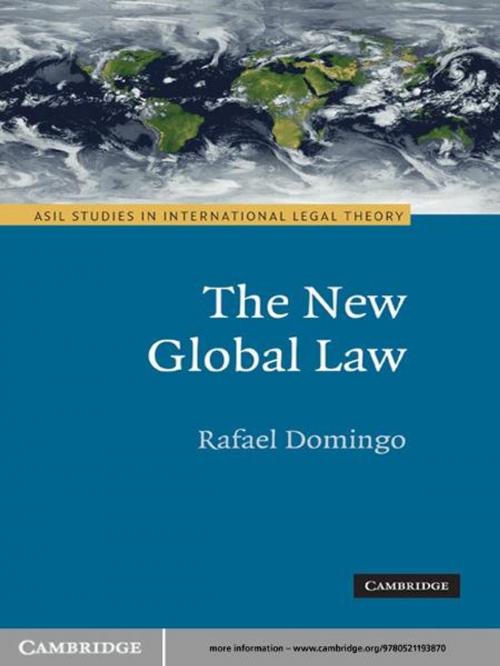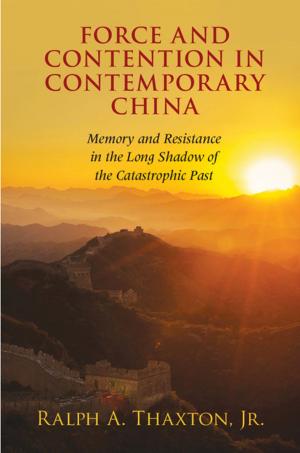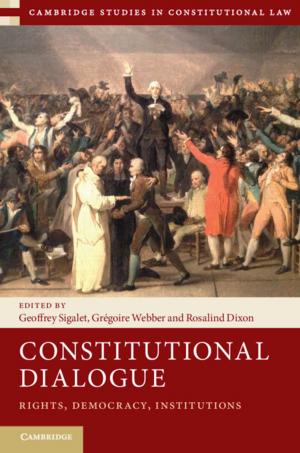| Author: | Rafael Domingo | ISBN: | 9780511846588 |
| Publisher: | Cambridge University Press | Publication: | February 26, 2010 |
| Imprint: | Cambridge University Press | Language: | English |
| Author: | Rafael Domingo |
| ISBN: | 9780511846588 |
| Publisher: | Cambridge University Press |
| Publication: | February 26, 2010 |
| Imprint: | Cambridge University Press |
| Language: | English |
The dislocations of the worldwide economic crisis, the necessity of a system of global justice to address crimes against humanity, and the notorious 'democratic deficit' of international institutions highlight the need for an innovative and truly global legal system, one that permits humanity to re-order itself according to acknowledged global needs and evolving consciousness. A new global law will constitute, by itself, a genuine legal order and will not be limited to a handful of moral principles that attempt to guide the conduct of the world's peoples. If the law of nations served the hegemonic interests of Ancient Rome, and international law served those of the European nation-state, then a new global law will contribute to the common good of all humanity and, ideally, to the development of durable world peace. This volume offers a historical-juridical foundation for the development of this new global law.
The dislocations of the worldwide economic crisis, the necessity of a system of global justice to address crimes against humanity, and the notorious 'democratic deficit' of international institutions highlight the need for an innovative and truly global legal system, one that permits humanity to re-order itself according to acknowledged global needs and evolving consciousness. A new global law will constitute, by itself, a genuine legal order and will not be limited to a handful of moral principles that attempt to guide the conduct of the world's peoples. If the law of nations served the hegemonic interests of Ancient Rome, and international law served those of the European nation-state, then a new global law will contribute to the common good of all humanity and, ideally, to the development of durable world peace. This volume offers a historical-juridical foundation for the development of this new global law.















